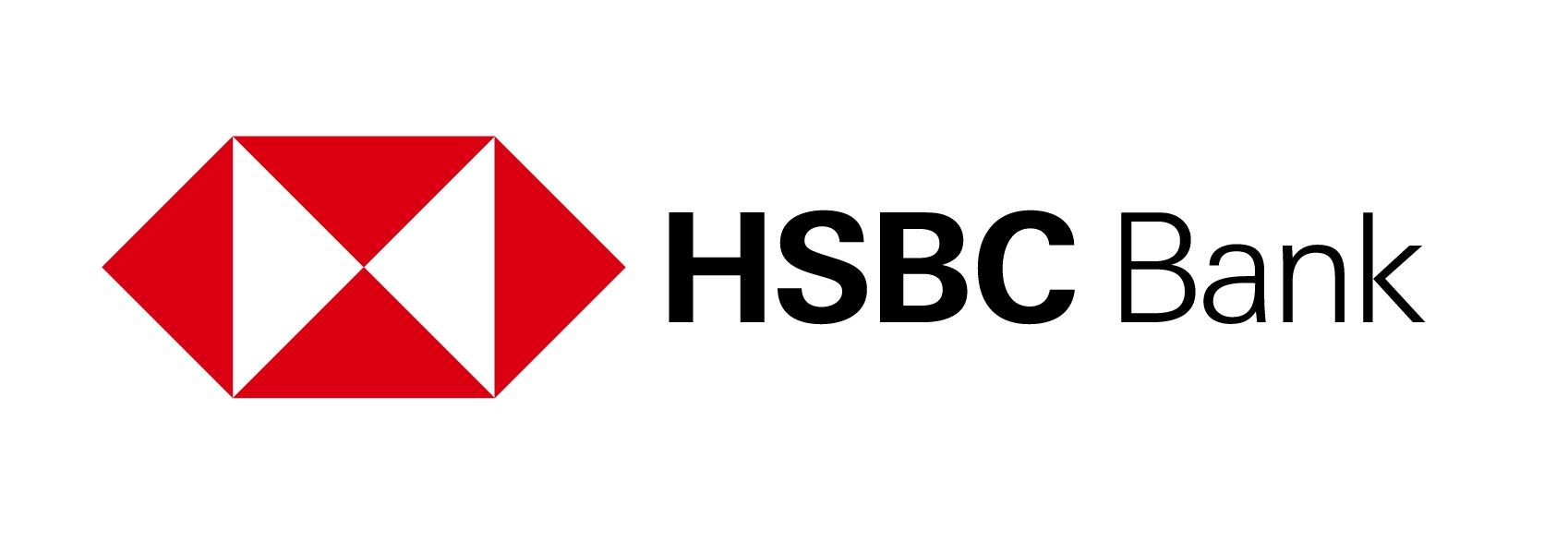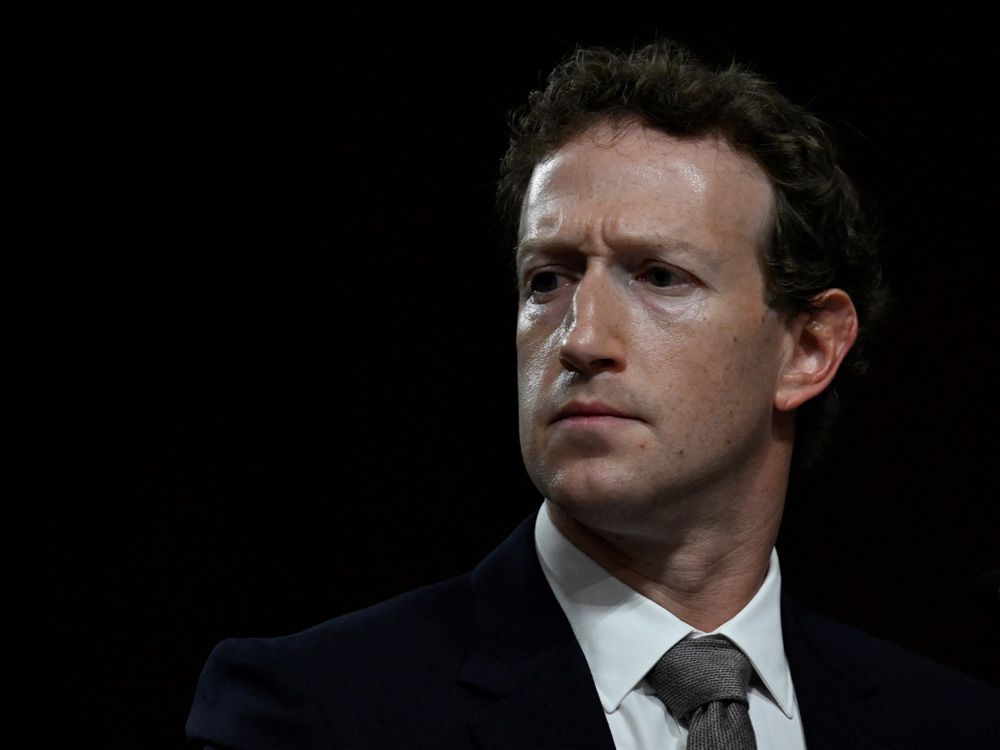Ottawa unveils ‘targeted measures’ for Canadians including help with dental care and student tuitions

Article content
From grocery rebates to tackling predatory lending, Ottawa unveiled more details of its “targeted measures” for Canadians in the newly minted federal budget. Here’s what you need to know about the new measures that could impact your pocketbook:
Advertisement 2
Article content
Grocery rebate for low-income Canadians
Article content
Some Canadians feeling the pinch of rising costs might get a bit of a break from the federal government in the form of a one-time grocery rebate that’s expected to lend 11 million low- and modest-income Canadians a hand. Couples with two children could get an extra $467 and single Canadians could pocket an extra $234 in support costs through the GST credit from the Canada Revenue Agency. The rebate would give seniors an extra $225 on average.
Article content
Dental care supports
The federal government is moving ahead on its affordable dental care strategy, proposing to provide $13 billion over five years starting next fiscal year and $4.4 billion ongoing to Health Canada to move the Canadian Dental Care Plan forward. This would give uninsured families making less than $90,000 a year dental coverage by the end of the year.
Article content
Advertisement 3
Article content
Tackling predatory lending
Predatory lenders may also have a harder time extending high-interest loans to low-income Canadians, recent immigrants and seniors. The federal government plans to lower the annual criminal rate of interest from the equivalent of 47 per cent to 35 per cent and consult whether it should be moved even lower. The government would also cap payday lending charges to no more than $14 per $100 borrowed.
Junking the junk fees
Ottawa is also taking aim at junk fees by pushing businesses to be more transparent with costs. The federal budget noted this could include high telecom roaming charges, event and concert fees, excessive baggage fees as well as unjustified shipping and freight fees that add more costs to Canadians.
Advertisement 4
Article content
Cutting credit card fees
The government also announced it was able to convince Visa and Mastercard to lower credit-card transaction costs for small businesses. The budget noted that over 90 per cent of businesses accepting credit could have their interchange fees reduced by up to 27 per cent, which is expected to save small businesses up to $1 billion over five years. The government said it would provide more details on the fee reductions and eligible businesses over the next few weeks.
Support for students
Students struggling with soaring tuition costs and loans caught a break in this year’s budget as the federal government earmarked $813.6 million in fiscal 2023-2024 to build on student financial assistance services starting in August. This entails boosting student grants by 40 per cent, raising the interest-free student loan limit and waiving the requirement of mature students (aged 22 or older) to go through credit screening to qualify for student grants and loans for the first time.
Advertisement 5
Article content
The changes increase the total federal aid available to a full-time student based on financial need to $14,400 for 2023, up from $13,160 for 2022.
Budget 2023 includes plans to amend registered education savings plans with proposed limit increases on certain RESP withdrawals to $8,000 from $5,000 for full-time students, and to $4,000 from $2,500 for part-time students. Divorced and separated parents will also be able to open a joint RESP for their children.
Price of a plane ticket going up
Some of the measures laid out in the budget could hurt pocketbooks, like the federal government’s plan to increase the air travellers security charge on plane tickets starting in May 2024. The charge on a domestic round-trip flight would rise to $19.87 from $14.96 and the charge cost on a flight to the U.S. would go up to $16.89 from $12.71, according to the Canadian Press. International flights security charges would rise to $34.42, up from $25.91.
With additional reporting from the Canadian Press
Federal budget measures affecting ordinary Canadians
2023-03-28 23:25:23








Comments
Postmedia is committed to maintaining a lively but civil forum for discussion and encourage all readers to share their views on our articles. Comments may take up to an hour for moderation before appearing on the site. We ask you to keep your comments relevant and respectful. We have enabled email notifications—you will now receive an email if you receive a reply to your comment, there is an update to a comment thread you follow or if a user you follow comments. Visit our Community Guidelines for more information and details on how to adjust your email settings.
Join the Conversation